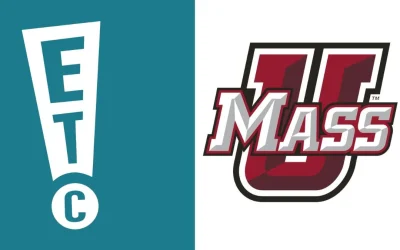A proposal to cap the resale prices of concert and sports tickets in the United Kingdom could drain more than £180 million from the nation’s economy and push fans into riskier black-market transactions, according to a report released Wednesday by the Centre for Economics and Business Research (Cebr).
The analysis estimates a £183 million hit if just one-quarter of ticketholders who currently list seats on regulated secondary platforms decide neither to attend an event nor to re-sell their tickets under a face-value limit. The lost activity, Cebr says, would be felt most acutely in travel, hospitality and tourism spending tied to live events.
“Even a small increase in unused tickets carries extremely significant economic costs,” said Owen Good, Cebr’s head of economic advisory. “Businesses in sectors such as food and drink, accommodation and transport would be particularly negatively impacted.”
Empty seats and higher fraud risk
Secondary ticketing underpins roughly £733 million in annual business turnover and 7,736 full-time jobs, the report found. Fans who buy on regulated resale sites spend an average of £629 per seat on ancillary costs such as hotels and meals. Cebr argues that a government-mandated cap could choke off those sales and leave venues with “unsold inventory” when original buyers choose not to attend.
Researchers also warn of a shift toward unregulated channels — social-media exchanges and informal message boards — where buyer protections are minimal and fraud is more prevalent. The report cites data showing ticket fraud rates roughly four times higher in Ireland and the Australian state of Victoria, both of which enforce resale caps.
Taylor Swift’s 2023 “Eras Tour” dates in Victoria were flagged as a high-profile example: state officials reported local fans lost about AU$260,000 to scams as they searched for tickets outside regulated sites. More recently, Lloyds Bank said thousands of UK fans were duped while trying to secure seats for a rumored Oasis reunion tour, with average losses of £436.
Academic backs regulated resale over caps
Rob Wilson, a professor of applied sport finance at Sheffield Hallam University who was not involved in the study, said price ceilings would likely reduce the incentive for ticket holders to re-sell seats they cannot use.
“If primary buyers don’t feel the effort to resell matches the price,” Wilson said, “then fans who would be willing to pay a fair market rate miss out. Historical evidence — including the government-commissioned Waterson Review — shows caps simply drive transactions to underground markets where consumers have no recourse.”
Four main risks flagged
Cebr’s modelling highlights four areas of concern:
- Shift to unregulated sales – Increased exposure to scams and lack of consumer protection.
- Platform constraints – Stand-alone resale sites may exit the market if verifying original face values proves too complex.
- Unsold tickets – Combined price floors and ceilings can strand inventory when caps are set too low.
- Lower attendance – Fans facing capped resale values may opt not to sell, leaving seats empty.
Music events represent the largest slice of secondary-market turnover (£563 million), compared with £170 million for sports. Both sectors would suffer under the scenarios Cebr examined, with concerts taking the biggest hit should unused tickets rise.
Next steps
The Department for Culture, Media and Sport is still weighing potential reforms to the ticketing market. Supporters of caps argue they can curb price gouging and improve access for fans, while industry groups counter that transparency and enforcement — not price limits — are the best tools against bad actors.
Cebr’s authors say any regulation must balance consumer protection with economic realities. “Policymakers should tread carefully,” Good said, “and ensure well-functioning, safe resale markets remain available to fans.”
The Cebr report was commissioned by viagogo, a ticket resale marketplace and parent company of StubHub North America. TicketNews sought comment from officials at the Department for Culture, Media and Sport, who had not responded by publication time.




